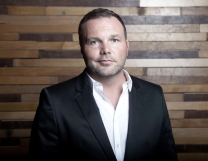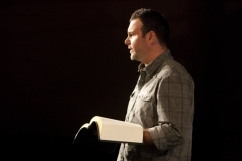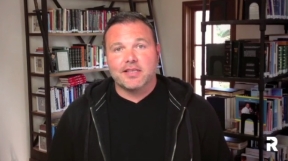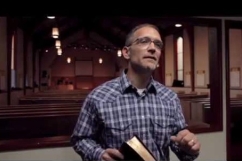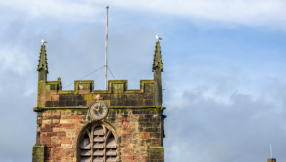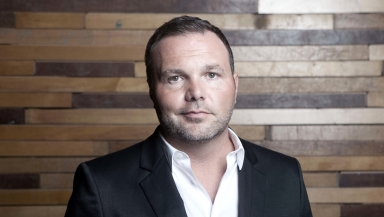
Former Mars Hill pastor Mark Driscoll has appeared at a leadership conference in Sacramento, California in what some observers are seeing as a prelude to a return to active pastoral ministry.
Driscoll was forced to resigned from the pastorate of the Seattle megachurch following revelations about the church's leadership culture. It closed at the end of last year. According to Warren Throckmorton, who has blogged widely about Mars Hill, Driscoll may be planning to plant a new church in Phoenix, Arizona.
Speaking at the Thrive Conference, Driscoll referred to Matthew 26:31 in which Jesus quotes Zechariah, saying "I will strike the shepherd and the sheep will be scattered". He said he wanted to speak to "struck shepherds", going on to speak of the toll taken on his family by the events of last autumn, which saw him and his family become the targets of protests and hostile media coverage. Among other instances, their drive was blocked by reporters wanting an interview and a helicopter flew over the house to "flush me out", leading his eight-year-old son to believe that they were about to be attacked.
Driscoll spoke of the need to forgive, saying that he had "done a six-month study" on the subject. He also said that he was not claiming to be "entirely a victim", saying: "Sometimes when the shepherd is struck it's because they've punched themselves in the head."

He prayed that God would "send the Holy Spirit to help us forgive those who have struck us and struck our families".
In the recording of the conference the audience is audibly moved by some of Driscoll's testimony. However, one attender, Pastor James Miller, later blogged: "Driscoll just gave a long lecture on forgiveness without asking for it... In fact, it seemed like the entire lecture was aimed at his need to forgive those people who had wronged him."
He added: "What lingers after Driscoll's resignation is that he evaded his Board's plan for a disciplinary procedure. He never really reconciled with those whom he had harmed, and after all of his talk of forgiveness, it would have been so simple and so graceful for him to ask for it. Perhaps that was to be the implication that was to be drawn from the whole talk – that Driscoll now needs forgiveness too. But the weight of the graphic imagery of the abuse of his family left us with the undoubted impression that Driscoll was a victim who now needed to forgive those who had wronged him."
However, Miller also said: "There are few communicators like him, and in the right place, with humility and supervision, he could live a life of effective ministry for Jesus."










